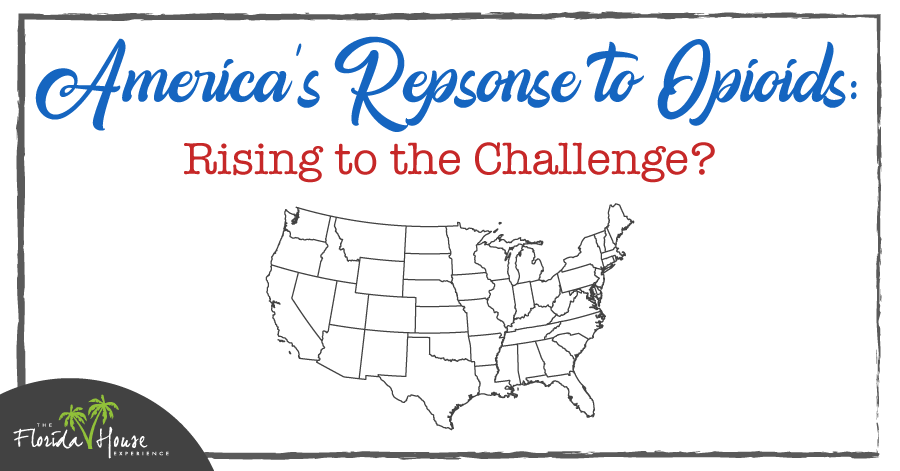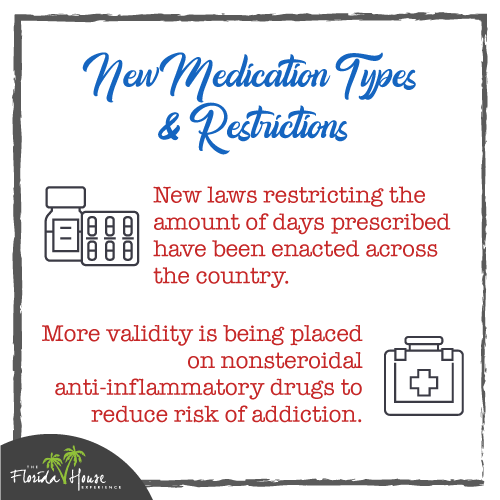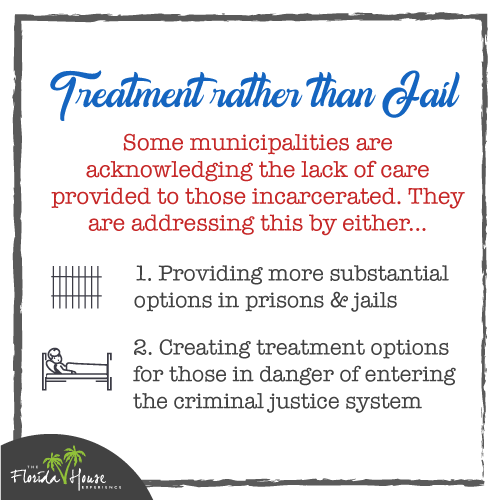
Opioids are one of the biggest threats to Americans today, as the National Institute on Drug Abuse makes clear in a recent report. As of January 2019, over 130 people die every day using opioids. This includes drugs such as prescription painkillers and synthetic drugs such as fentanyl and heroin.
Consider it from a financial point of view. The U.S. Centers for Disease Control and Prevention shows the cost and economic burden of this type of abuse amounts to $78.5 billion annually. This includes costs associated with lost productivity, healthcare burdens, criminal justice services , and addiction treatment.
Many would say there’s not enough being done to stop or slow this epidemic. Others believe the federal government, along with some state and local governments, has worked to install new policies and procedures to help save the lives of these millions of people. What are we doing to see improvement?
A Better Understanding of the Epidemic
A good starting place is to understand where the epidemic is right now. The statistics are everywhere:
- Research indicates that up to 29 percent of patients who are prescribed opioid-based painkillers are chronically misusing them. So the problem isn’t just illegal-use but also prescription misuse.
- From July 2016 through September 2017, Midwestern states saw the number of opioid overdoses rise 70 percent.
- Another study found that, in urban cities, opioid overdoses have increased by 54 percent across 16 states.
Doctors now recognize that much of the abuse is coming from overprescription and ease of access. Some have developed policies to avoid writing prescriptions for these medications in the first place.
New Medication Types to Eliminate Prescription Pain Killers
 A leading cause of addiction from painkillers starts when they are prescribed for legitimate reasons. The National Institutes on Drug Abuse states that 100 million Americans suffer from chronic pain, and many of them need medications like these to get through the day. However, new types of pain treatment may eliminate the dependency factor.
A leading cause of addiction from painkillers starts when they are prescribed for legitimate reasons. The National Institutes on Drug Abuse states that 100 million Americans suffer from chronic pain, and many of them need medications like these to get through the day. However, new types of pain treatment may eliminate the dependency factor.
The use of nonsteroidal anti-inflammatory drugs, for example, may provide one option. Though still a type of painkiller, they are not addictive. Alternative treatments, such as acupuncture and massage therapy, as well as high-tech treatments using electrical signals and radio waves, are sometimes successful.
Putting Overdose-Reversing Drugs in More Hands
One way to fight the epidemic of overdose deaths is to ensure more people at the front lines have access to medications that reverse the opioids’ effects. Naloxone, for example, is an FDA-approved solution that works to rapidly stop an overdose, saving lives.
Some cities are ensuring police officers have more access to these products so they can administer the drugs when they are first on the scene, and emergency medical providers are also increasing access. In some areas, having these injectable products available to the public, in general, can help save lives.
Improving Public Surveillance Through Treatment Linked with Law Enforcement
Some cities are being proactive by increasing the amount of access that people with addiction have to recovery centers in a unique way. Many times, law enforcement, including everyday police officers, are those who have to deal with overdoses occurring in public spaces, but all they can do is call for an ambulance. New programs, though, are helping to ensure those who are at risk of a repeated overdose are able to get into treatment centers.
For example, in Miami, the police department is working to offer support for the homeless and high-risk individuals to get into treatment centers and recovery homes. By sidestepping the long, complicated court system, more people get into treatment rather than receiving jail time. State and, more commonly, local programs are working to create more connection between local police officers and public resource officers and those who need help.
Improving Access to Recovery Services
 At the heart of overcoming the opioid epidemic is improving access to drug addiction treatment centers. Though this is the most important component to improving addiction recovery from opioids, it is also the most difficult. Simply put, these treatment programs are expensive to establish and maintain. Federal and state dollars need to be more readily available to fund these types of programs. Many of the people facing addiction lack any type of health care to support their needs.
At the heart of overcoming the opioid epidemic is improving access to drug addiction treatment centers. Though this is the most important component to improving addiction recovery from opioids, it is also the most difficult. Simply put, these treatment programs are expensive to establish and maintain. Federal and state dollars need to be more readily available to fund these types of programs. Many of the people facing addiction lack any type of health care to support their needs.
On a federal level, there are laws being put into place to help support these efforts. The Mental Health Parity and Addiction Equity Act of 2008 was a good starting point. In addition to this, the Comprehensive Addiction and Recovery Act of 2016 furthered the mission to ensure people could obtain the care they needed without the risk of losing a job.
On a far more local level, families and friends of those who have a substance use disorder need to be proactive as well. Recommending and encouraging loved ones to seek out help for a condition they cannot cure on their own is critical.
Is This Enough?
There’s no silver bullet cure for the opioid epidemic. An effort that addresses all areas of concern, though, may provide some support for those battling opioid addiction.
You Can Do Something Today — Contact FHE Health for Immediate Help
You don’t have to be a statistic. You can seek out care and treatment for your opioid addiction or that of a loved one by calling FHE Health. As difficult as it may be, treatment can provide an opportunity for you to fight back against this growing problem.






